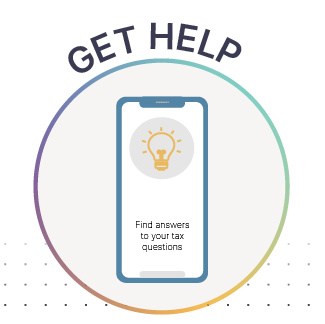The IRS has a variety of ways to verify the income taxpayers report on their returns. Most businesses and organizations are required to file “information returns” with the IRS, — IRS Forms W-2, IRS Forms 1099, and others — when they “pay” you. The IRS matches the information on these information returns to your tax return. If they do not match, you will get a notice asking about the difference.
Keeping track of information returns is helpful for knowing the income you should report (See the Resources, section for a list of common information returns).
There are other kinds of income, like tips or cash income, that may be taxable, but don’t require an informational return to be filed. In those cases, it’s your responsibility to track and accurately report the income.











